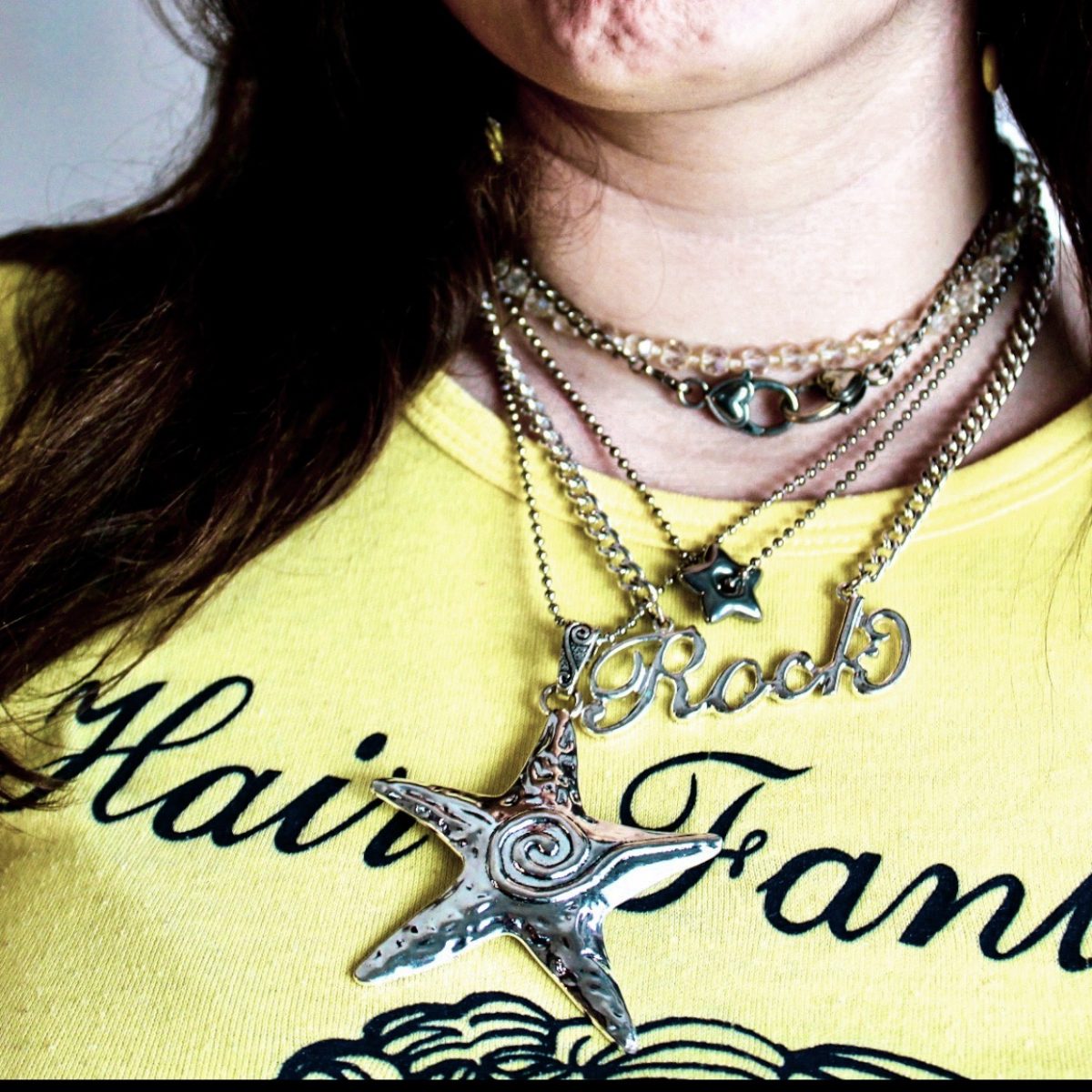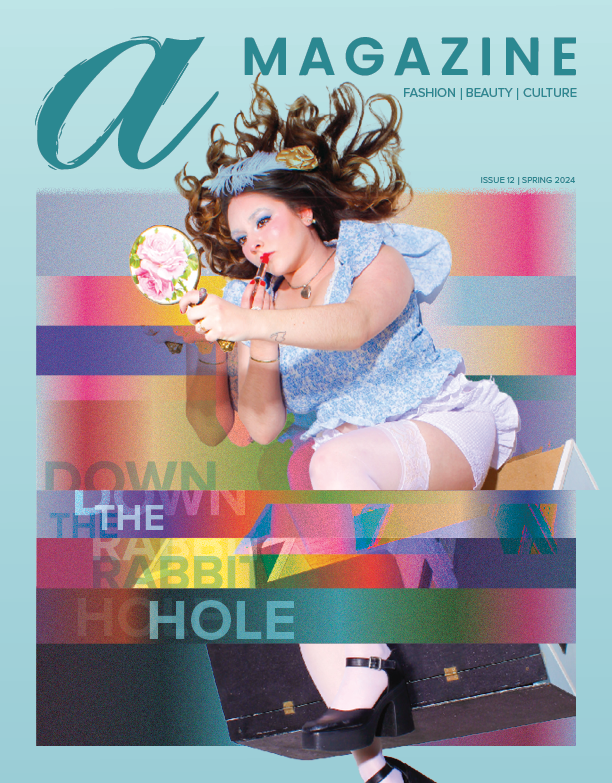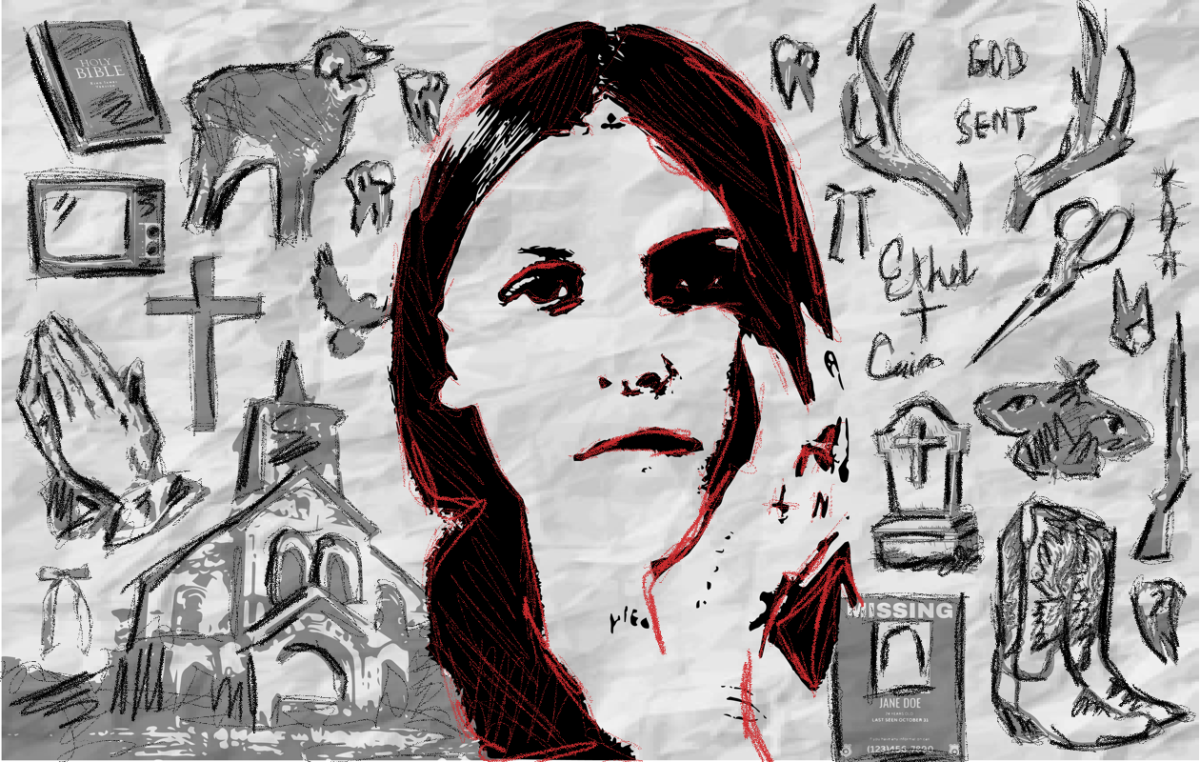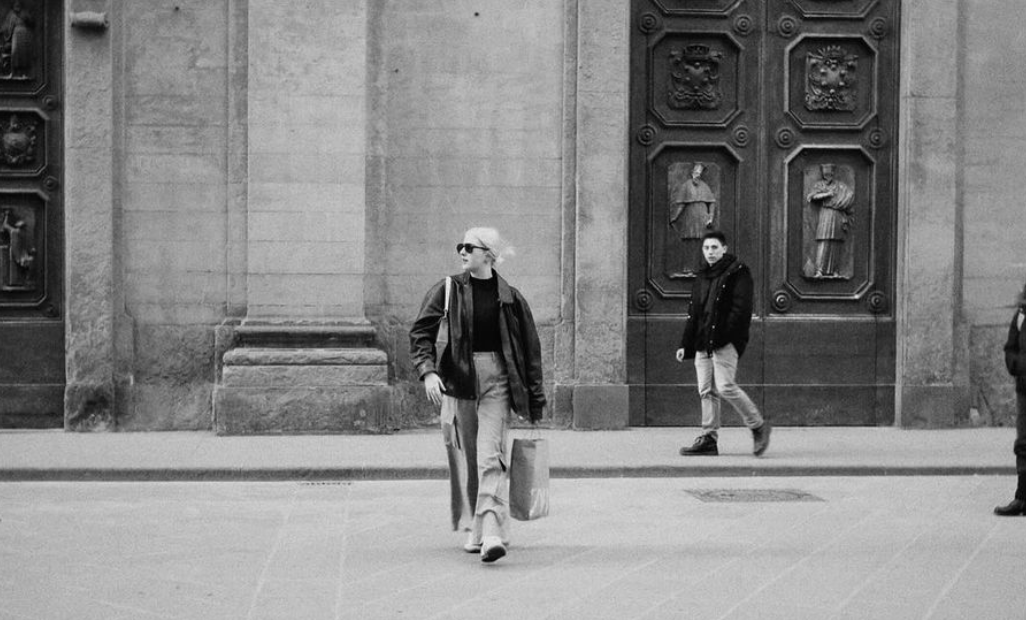Recently, it feels that each new week brings about another wave of sexual assault allegations, particularly against prominent media professionals. With these claims have come talk of so-called “open secrets” that refer to widely known industry behaviors that have never been brought to the attention of mainstream media outlets.
The fashion industry is now joining the conversation and addressing its own open secrets. Condé Nast International, publisher of Vogue, GQ and Vanity Fair, announced Oct. 23 that it would no longer be working with the iconic fashion photographer, Terry Richardson.
This announcement comes in the wake of the highly public Harvey Weinstein accusations. Since then, other prominent publications and fashion houses have followed suit, releasing their own Richardson-condemning statements.
Terry Richardson has photographed everyone from Barack Obama to Miley Cyrus. Best known for his sexually explicit images, he is one of the best-known and highest-paid photographers in the industry. Think of him as the man who helped popularize the slightly oversaturated, flash portraits you’ve seen replicated again and again across Tumblr and Instagram alike.
He is also a man who has had sexual assault allegations against him since 2001, accumulating more accusations and critics as years have passed. One example being Marie Claire’s list of women who have come forward against him.
On the surface, this story looks like one progressive action as the industry seeks to take power away from a man who appears to have been abusing it for years; however, take a look at the repeated allegations made against Richardson, and one rather disturbing question remains unanswered.
Why has it taken so long?
Fashion likes to positions itself as a progressive industry. From artistic expression to a constant push against societal norms, fashion is both an agent and reflection of cultural drift. Despite this, the majority of top fashion brands are still run by men, a fact that feels easy to ignore in an industry that primarily caters to women’s desires.
This is in addition to the other, more public, forms of sexism that fashion gets ridiculed for, like unrealistic beauty standards and model exploitation.
As tempting as it is to believe that the fashion industry is the exception to the widely accepted gender divide in the workplace, it is not. Fashion is progressive, but not progressive enough to be an outlier when it comes to accepting the sexual assault claims of women at face value.
So, what did it take for this definitive action to occur finally? A media storm of sexual assault condemnations and the public’s questioning of Richardson’s continued allowance to work.
It is important to note that not every brand in fashion has waited until now to take action. In 2014, Vogue told U.S. Weekly, “The last assignment Terry Richardson had for U.S. Vogue appeared in the July 2010 issue, and we have no plans to work with him in the future.”
Unfortunately, this statement was not made without prompting. It was released in the wake of another Richardson scandal that involved model Emma Appleton. She tweeted a screenshot of an alleged Facebook message from Richardson indicating that he would get her work in Vogue if she had sex with him.
Though Facebook later confirmed the messages were fake, the tweet incited a lot of press coverage and renewed ridicule. That same year the hashtag #NoMoreTerry appeared, accompanied by thousands of anti-Richardson messages.
This particular incident differs from allegations made before because of proof, substantive or otherwise. Much like this most recent round of Richardson terminations, it took something concrete to point at in order for action to be taken.
Unfortunately, this recent dismissal of Richardson feels like nothing more than an industry band-aid to superficially absolve itself of what is a systemic issue in countless other industries. As The New York Times reported, Terry Richardson is just the tip of the iceberg, and the industry’s next moves regarding workplace sexual harassment need to be less reactive and more proactive if it ever hopes to be considered a truly progressive industry.
[/et_pb_text][/et_pb_column][/et_pb_row][/et_pb_section]












